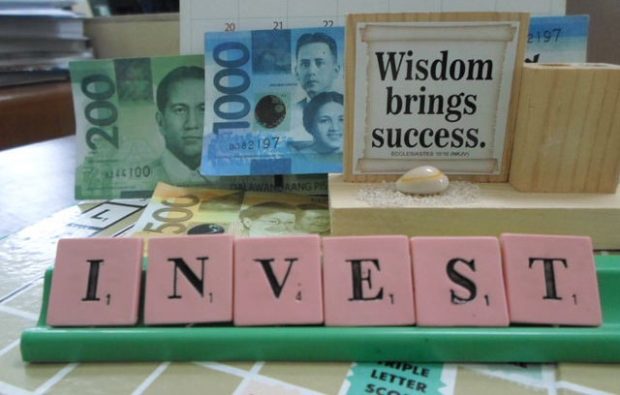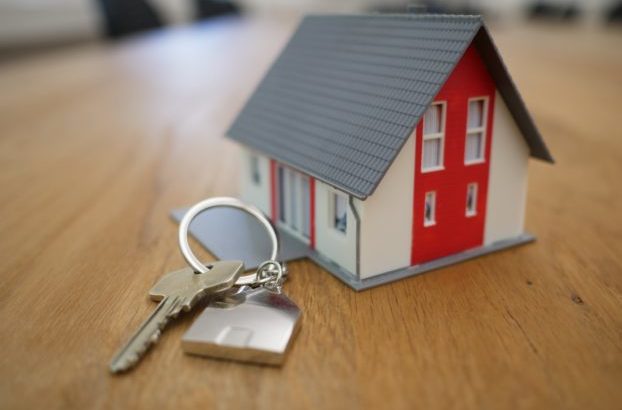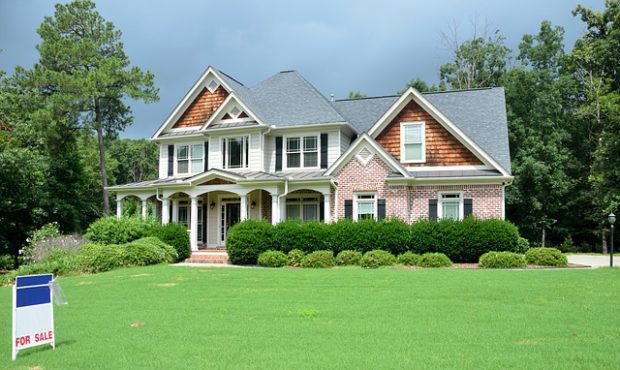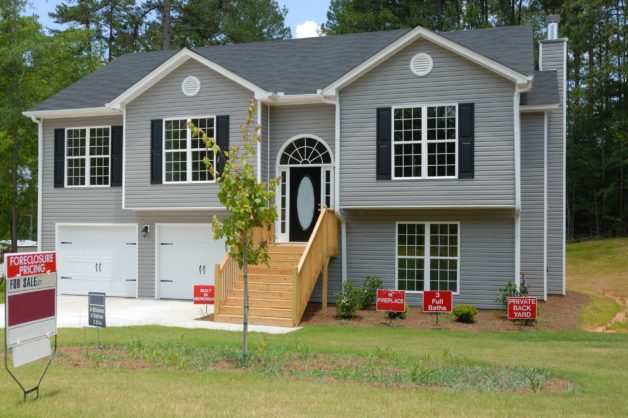How To Start Investing In Real Estate

Nowadays, it’s almost impossible to avoid the buzz about investing in real estate. The reality shows make investing in real estate look like a fun adventure that’s profitable, to boot. But if you’re a newbie to real estate, it can be more than a little daunting to make your first investment.
I’ve been investing in real estate for a long time, like before they called it “flipping.” My chosen path has been buying properties that needed rehabbing (fixing up, remodeling) and then selling for a profit. It’s been good to me, financially, but it requires much more of you, personally and financially, than the self-proclaimed gurus are ready to tell. From the occasional unwelcome surprise in the rehab process, to dealing with banks and buyers, there are moments that will drive you crazy. And for some unfortunate ones, drive them broke.
But fear not, there is still a route to becoming a real estate investor for those not wanting all the headaches of direct investing.
Below I’ll give some tips to get started in both passive and active real estate investing.
Passive Real Estate Investments
The advantages to the investor just starting out in real estate are many. Probably tops on the list is the peace of mind in knowing you’ve got real professionals handling all aspects of the property purchase and investment. That includes:
- Property selection
- Management of any required renovations
- Management of day-to-day operations
- Financial management, so that you receive finished reports of income, expenses, and profits.
If you choose to go the passive investment route, finding a particular property to invest in becomes easier.
For example, new companies like HotelierCo (a hotel crowdfunding platform) have made it possible for non-accredited investors to own part of a hotel, with investments starting from $2,500.
Active Real Estate Investments
For those who are more entrepreneurial-minded, active investing in real estate is worth considering. However, you’ll be wearing a lot of hats in the process. That includes:
- Finding the specific property to invest in
- Arranging for purchase financing
- Managing any required rehab
- Day to day management of income-producing property if you choose to buy and hold
- Handling all the paperwork from start to finish, or hiring someone to do it.
If all that seems like something you want to take on, active real estate investing may be perfect for you.
Do Your Homework
No matter which path you choose, you’ll want to do your homework, or due diligence as it is called.
The homework starts well before you ever start the buying process itself. If you’re going to do direct investing as I have, you need to know about A LOT of the pieces to real estate, construction, remodeling, finance, decorating, landscaping, and of course selling.
With indirect real estate investments, your homework will be in comparing and contrasting different offerings and choosing one that meets your requirements. The extra bonus is that you can own an interest in properties, such as resorts, hotels, and more, that you would likely have no access to otherwise.

Patience is Key
Investing in real estate is not a get rich quick scheme. It will require your patience through each step of the process of learning, buying, and ultimately selling the investment. My experience has been that it’s a worthwhile and profitable venture, either as an aside to your regular work, or as a full-time career. Buckle up, and enjoy the ride!



